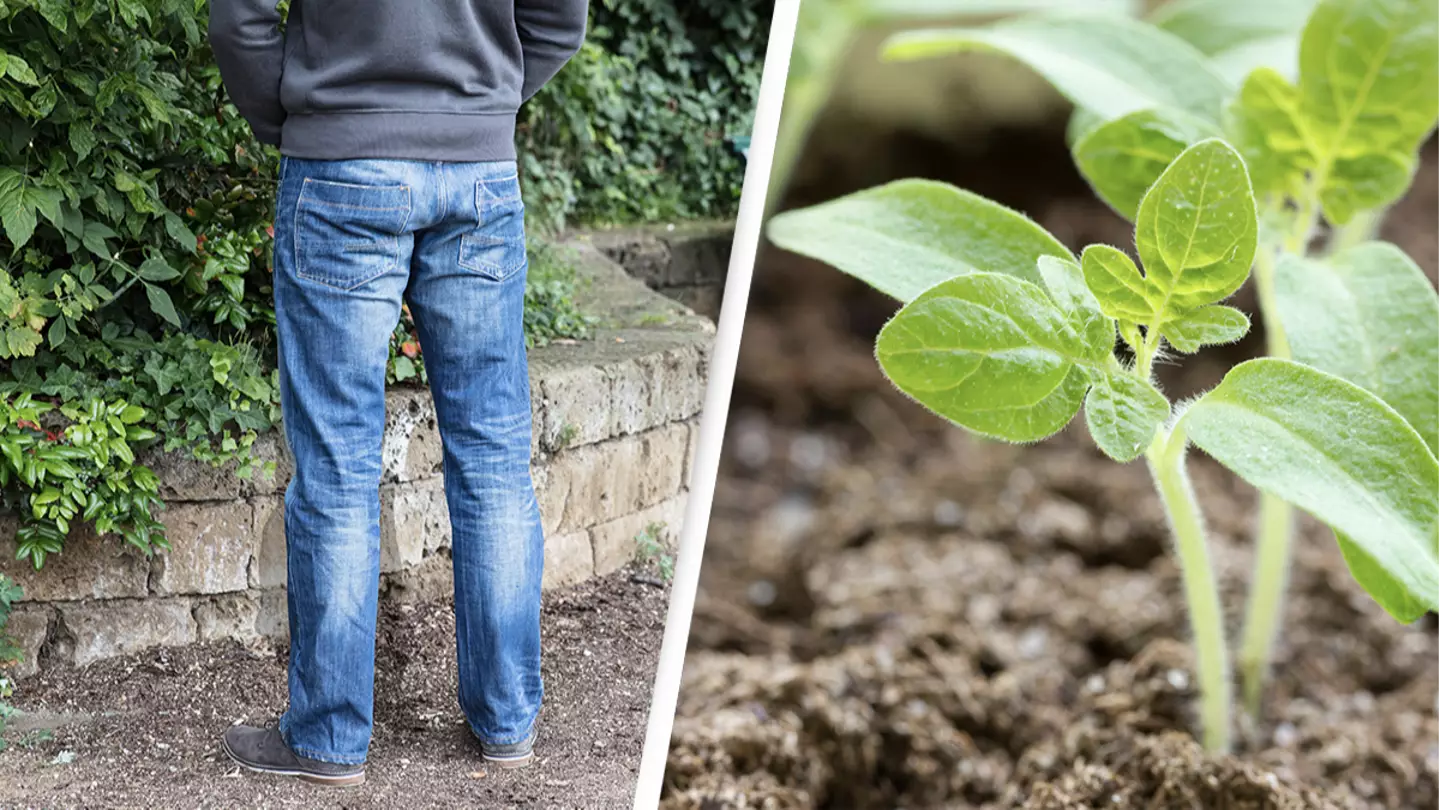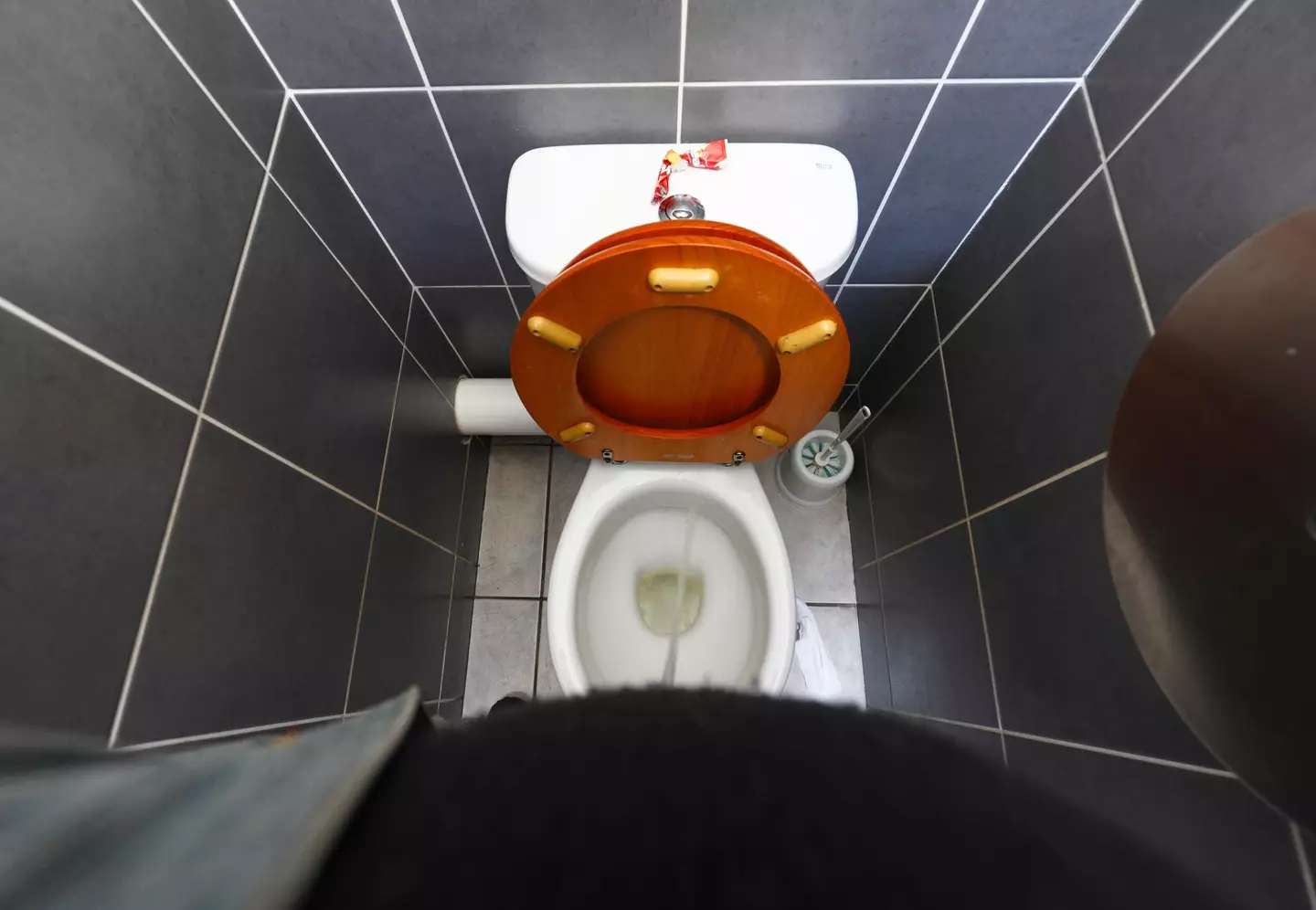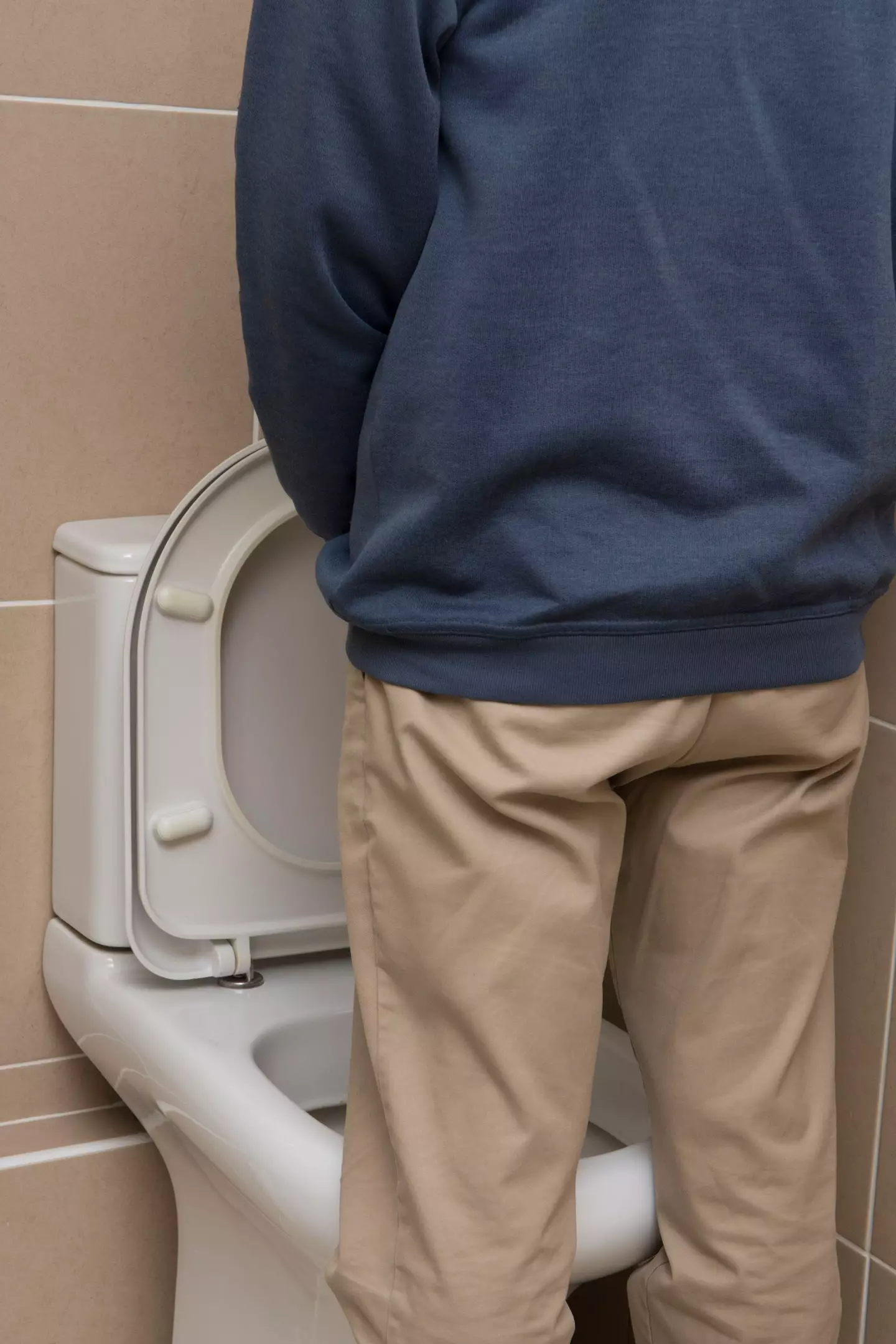
Human urine can be used as an effective – and free – fertiliser, according to some top scientists
OK, you’ll have to bear with us on this one, because it’s not something that a lot of people are going to want to do, but apparently you could be flushing a load of perfectly good plant food away down the toilet several times every single day.
Studies have shown that wee has plenty of nutrients in it, making it a good fertiliser, as well as being completely free and totally renewable.
Studies have shown that it is both safe and effective as a fertiliser, as well as being a great substitute for chemical fertilisers, meaning that it could have a positive environmental effect as well.
Advert

Abraham Noe-Hayes, from the Rich Earth Institute, told USA Today: "If you save all the urine that you produce in a day, there's enough fertiliser in there to grow all the wheat that you need to make a loaf of bread,
"It's a huge amount of nutrients, and it could grow a significant portion of our dietary needs just from the nutrients in our urine.”
Noe-Hayes’ institute, based in Vermont, is running the USA’s first community-scale urine recycling programme, which sounds like pretty horrible work but it could be seriously useful.
Advert
They are conducting research on how effective p*** is in replacing chemicals in crop growth, employing methods that include collecting urine through diverting toilets that keep pee separate from poo.
In your wee, there’s a load of nitrogen, potassium, and phosphorus, all of which are good for plants and are found in synthetic fertilisers.
However, they become a pollutant when sent into the wastewater system, because they aren’t removed by the current infrastructure, meaning they can cause damaging algal blooms.
Chemical fertilisers cause harmful global emissions – and a lot of them – so getting rid of that could be great for the planet.
Advert
Noe-Hayes continued: “[Urine is] sustainable because we make it all the time. We can't stop making it and it has to go somewhere. So why not have it go where it's useful?"
Why indeed?

If they’re going to make this particular innovation stick, Noe-Hayes reckons ‘it has to be with fixtures that people are familiar with and comfortable using’.
Advert
He explained: “We have to have a commercially available product for processing it and turning it into a usable fertiliser.”
Currently, the institute’s spin-off company Rich Earth LLC is looking into ways to create such a product.
It’s going to take a while to develop the systems and the technology, but the scientists are clearly hopeful.
If you have a story you want to tell, send it to UNILAD via [email protected]
Topics: Climate Change, Weird, World News, Science